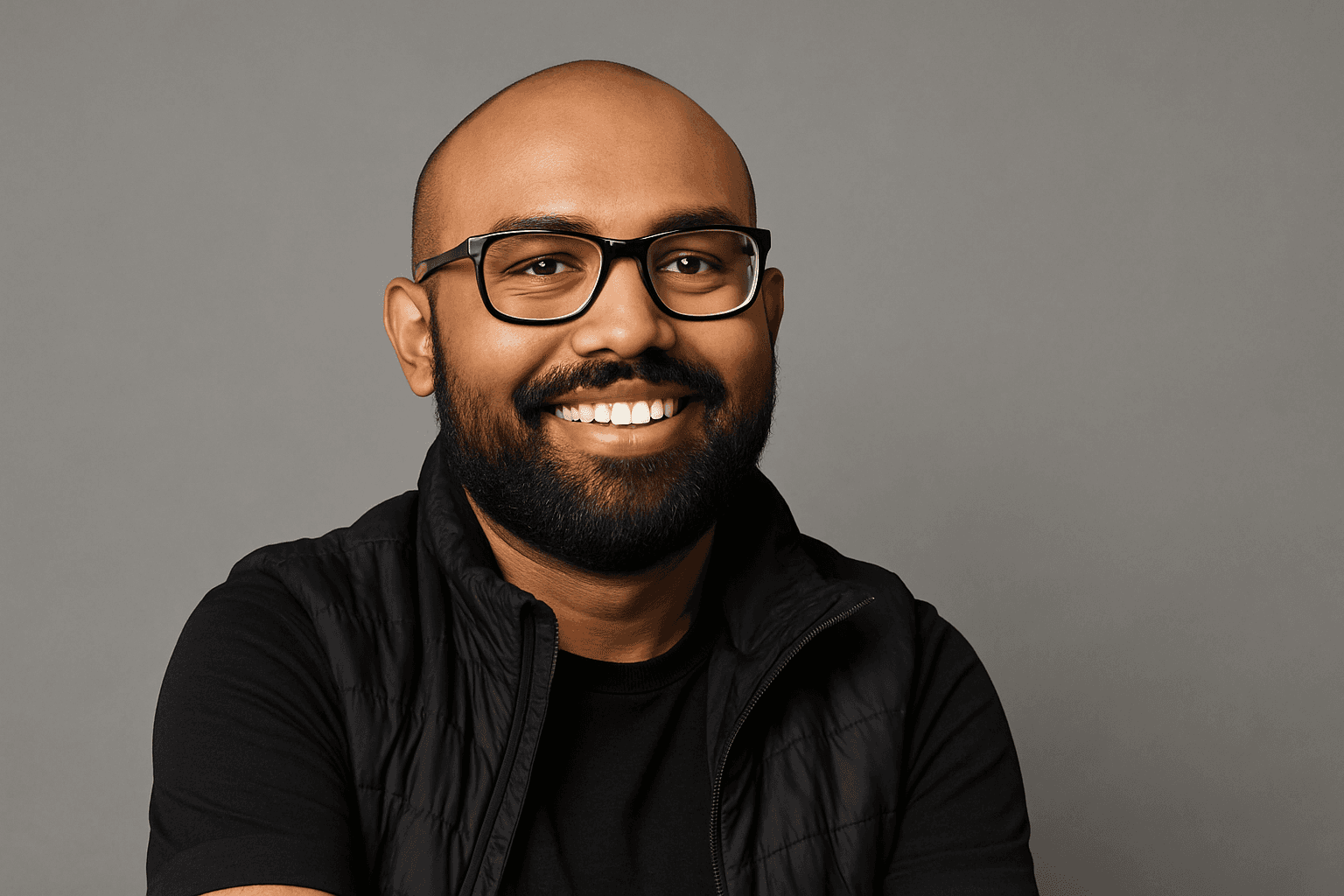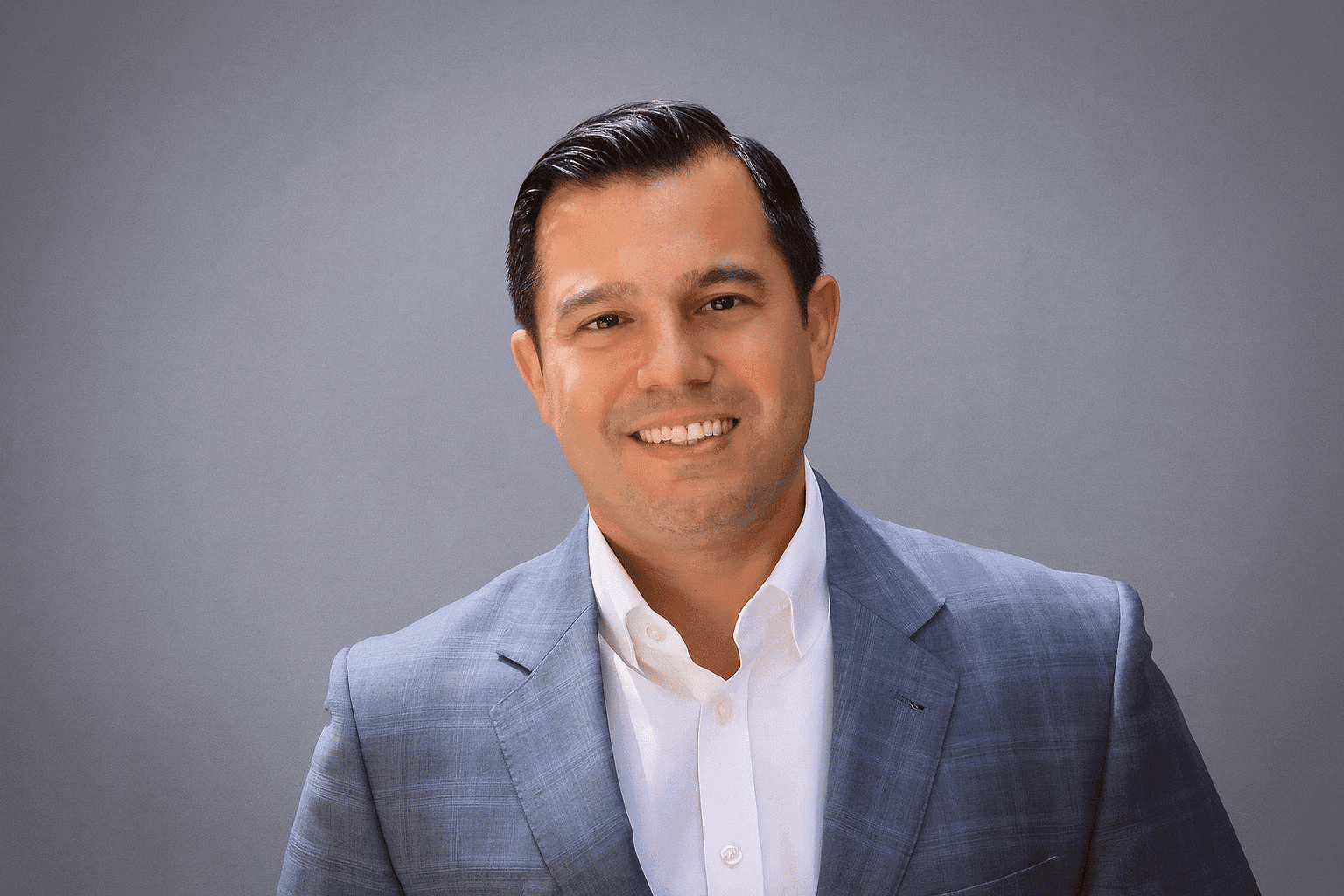
Marc RowanCEO & Co-Founder
Marc Rowan co-founded Apollo Global Management and grew it into one of the largest alternative investment firms in the world. He believes the future of investing is not only in equities but also in private markets, which now underpin most of the economy. His mission is to open these markets to individuals, create better diversification, and redefine wealth management.
Founder Stats
- Finance, Investment, Technology
- Started 1990
- $1M+/mo
- 50+ team
- USA
About Marc Rowan
Marc Rowan helped pioneer alternative investing with Apollo Global Management. Since 2008, he has watched private markets expand faster than even the largest tech firms. He argues that the traditional model of public stock and bond investing is broken, with real diversification now found in private credit, infrastructure, and long-term assets. His view: the next frontier in wealth management is a convergence of public and private markets, supported by better transparency and trustworthy advice.
Interview
September 26, 2025
You’ve said our whole idea of wealth management is broken. What do you mean by that?

I do think it’s broken. The way we think about stocks, bonds, and diversification doesn’t reflect today’s reality. In 2008 things became clear for me, private markets started reshaping fast, and what we believed about investing simply stopped working.
How has Apollo grown since then?

In 2008, Apollo had around $40 billion in assets under management. Today it’s $840 billion. That growth has been faster than Google, Amazon, or Microsoft. It’s not just management; it’s because private markets are fundamentally expanding.
Why do you say traditional stock market investing is misleading?

Public markets are shrinking. We had 8,000 listed companies, now it’s 4,000 and falling. Ten stocks make up 40% of the S&P 500. Diversification is vanishing, and stocks and bonds are fully correlated. Passive indexing dominates, but 90% of active managers fail to beat the index. That’s not real investing anymore.
So where does true diversification come from now?

If you want diversification and real returns, you need private markets. They represent 80% of the economy and job creation. Public markets can’t give you that exposure anymore.
What does the word 'alternatives' mean to you today?

Alternatives are simply investments outside public stocks and bonds. Years ago, people thought public was safe and private was risky. That’s not true. Both have safe and risky elements. The real difference is liquidity.
Will individual investors really get access like institutions?

Yes. Family offices are already more than 50% private. High-net-worth clients are moving into institutional-quality private products. And retail investors will get access indirectly through asset managers. We’re heading to a world of convergence: public and private in the same portfolio, even in the same product.
Critics say private markets are too expensive, illiquid, and not transparent. How do you respond?

Over 21 of the last 22 years, private markets outperformed public markets net of fees. Yes, fees are higher, but if they don’t produce excess returns after risk, they shouldn’t exist. As for transparency, we now provide daily NAV in many funds. Illiquidity? It’s about knowing what you can bear, not every investor needs money available on Tuesday.
How should investors think about liquidity in private markets?

It’s a continuum. Some private investment-grade products allow 100% withdrawal every 30 days. Others offer 5% liquidity quarterly. If you’re saving for 30 years, why give up higher returns just for instant liquidity?
What role will advisors play in this shift?

The advice business is going to be stronger than ever. Investors will move from choosing between three flavors, stocks, bonds, and a little alternatives, to something like Baskin Robbins, with many variations. Advisors will guide them through this complexity.
How big can private credit become?

Depends on definition. If it’s just leveraged lending, it’s a $1.5 trillion market. If it’s all investment grade plus below, it’s already a $40 trillion market. Big companies now view private markets as a third source of capital alongside banks and bonds.
Some argue banks will slow the growth of private credit if regulation eases. Do you agree?

No. Banks are efficient at short-term lending. But long-term capital like infrastructure, energy transition, and defense will go to insurance companies, pensions, and investors. That’s where private credit shines.
How much should retail investors allocate to private markets?

For diversification and compounding, even 1–2% better returns change retirement outcomes by 50–100% over decades. If you don’t need daily liquidity, private can be as reasonable as public. It’s not about labels but about risk, reward, and liquidity.
Family offices often have only 5% in private credit. Do you see that growing?

Yes, but not dramatically. Maybe 5–10% in below-investment-grade credit. What matters more is within the 60/40 allocation: how much of that 60 or 40 is private vs public. For long-term investors, more private makes sense.
What about 401(k) investors, when will they really see private markets?

It’s already happening. Even without full regulatory clarity, fiduciaries are experimenting. The big change will be the return of guaranteed income options in 401(k)s, like defined benefit plans but offered through retirement services and insurers.
Why is guaranteed lifetime income so important?

Because people don’t know how long they’ll live. In places like Australia, 40% die with much of their savings unspent. Guaranteed income gives peace of mind and helps people actually retire with security.
How do you see AI and other big private companies changing access for regular investors?

More companies will stay private longer, not fewer. Capital is abundant in private markets, so they don’t need to go public. Over time, I see private equity-like investments, but broader: hundreds of private industrial or tech companies people can access through new structures.
Do you believe public markets will ever regain dominance?

No. We’re in an indexed world. Investors don’t need thousands more small public companies. Ten big stocks already dominate the S&P. The future is more private companies, more transparency, and more access for everyday investors through retirement plans and hybrid products.
Table Of Questions
Video Interviews with Marc Rowan
Bloomberg Wealth: Apollo Management CEO Marc Rowan
Cite This Interview
Use this interview in your research, article, or academic work
Related Interviews

Hayes Barnard
Founder & CEO at GoodLeap
Hayes Barnard, founder of GoodLeap, scaled his company into a multibillion-dollar platform by focusing on resilience, ethical choices, and building value in hard markets. Known for his story of overcoming adversity, Hayes inspires entrepreneurs with lessons on leadership, purpose, and perseverance.

Sadi Khan
Co-founder & CEO at Aven
Sadi Khan, co-founder and CEO of Aven, is building a fintech that allows homeowners to access cheaper credit by combining home equity and credit card models. After leaving Facebook, he set out to attack America’s persistent credit card interest crisis with technology and conviction.

Anthony Denier
Group President & U.S. CEO at Webull Corporation
Anthony Denier is leading Webull through its first years as a public company, building an AI-enabled global brokerage for sophisticated retail investors while trying to stay nimble, transparent, and close to the everyday trader.

